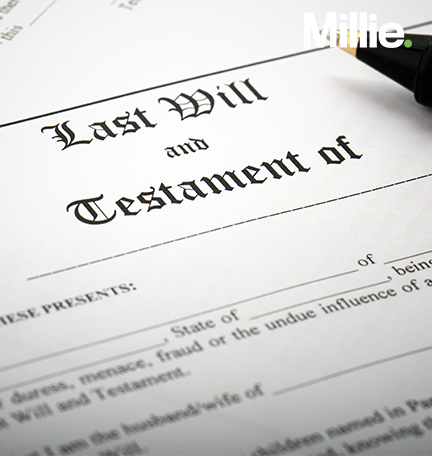If you're retired and concerned about your finances — or hesitant to begin your retirement — you're likely not alone. Nearly a quarter of Americans report their biggest worry about retirement is running out of savings, according to a 2015 survey by Bankrate.com.
Planning for retirement many years in advance, even starting in your 20s or 30s, will help ease your concern — the longer your investments have to grow, the better — but properly budgeting and managing your income once you've already retired can also help. Here are a few steps you can take to protect and manage your retirement accounts.
Plan Your Monthly Spending Needs
Make sure you understand how much money you'll need each month. Don't make this any more complicated than it has to be, says Joe Prokop, CFP®, Financial Advisor, Regions Investment Solutions. Use a standard budget worksheet to make a list of all your monthly expenses, including groceries, utilities, gas, health care, gym memberships, and other regular purchases. For long-term budgeting, add a cost-of-living increase each year.
"My clients and I typically arrive at a number just by working through that worksheet," Prokop says.
Determine Your Monthly Income
Next, take a look at all your sources of income, which may include Social Security benefits, annuity payments, pension distributions, and other retirement accounts. Determine how much money will be coming in each month.
Adjust Your Budget to Fit Your Income
If your income is not enough to cover your monthly spending, you'll need to readjust your budget accordingly. Consider where you can cut costs entirely or look for other ways to minimize your spending in order to ensure your finances will last through your retirement.
If your income streams are producing more money than you're spending, Prokop recommends dividing your income into three separate buckets — and using or investing them accordingly:
Additional Living Expenses: This portion of your income should be easily accessible to cover bills and other unexpected or irregular expenses that may not be in your budget. Consider depositing these funds into your checking account or keeping cash equivalents invested in highly liquid investments.
Short-Term Goals: Depending on your retirement spending plans, you may want to buy a new car or take a long vacation in the near future, so you'll want to put money into a savings account. Low-risk vehicles may be an option to help maximize your savings.
Emergencies: You also need to be prepared for the unexpected, such as making house repairs or covering medical emergencies, so keep as much as six months of expenses in your emergency fund. You'll want to invest this money in a mix of highly liquid and less liquid options for flexibility.
Prokop also suggests maintaining some exposure in the stock market. "Many people slam on the investment breaks when they enter retirement," he says. "But you want your assets to continue to grow so you don't outlive your cash."
Once you retire, Prokop recommends meeting with a financial advisor regularly. He suggests quarterly meetings to discuss your asset allocation and any changes to your budget, income, or situation.
"The more often we talk, the more I can make sure my retired clients are making the most of their money," he says.
Whether you're planning well in advance for your golden years, considering an early retirement, or looking for ways to manage your income now that you've left the workforce, regularly evaluating your accounts can help you stay on budget and keep a steady stream of income well into your retirement years.
Find out how long your retirement savings will last with the retirement savings calculator.






